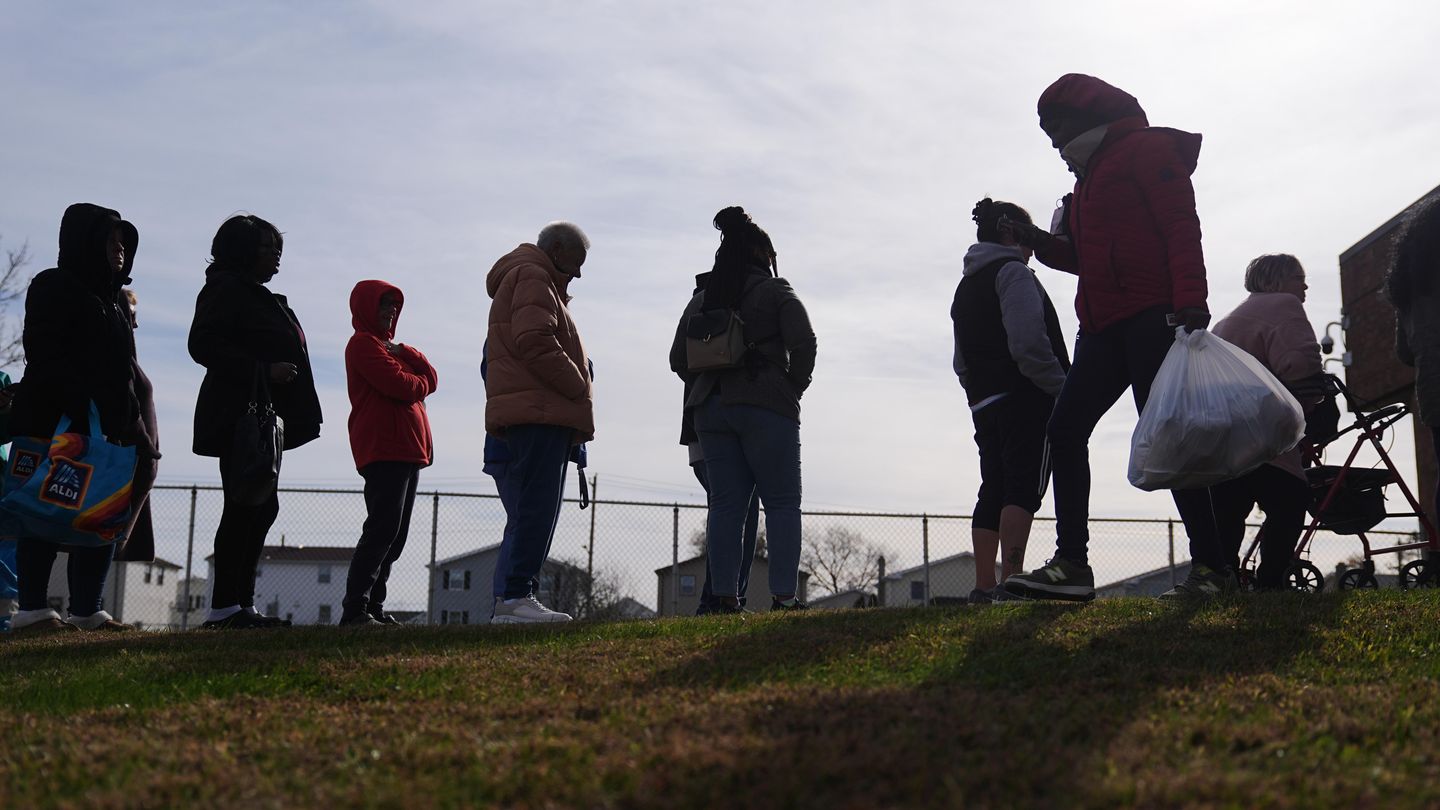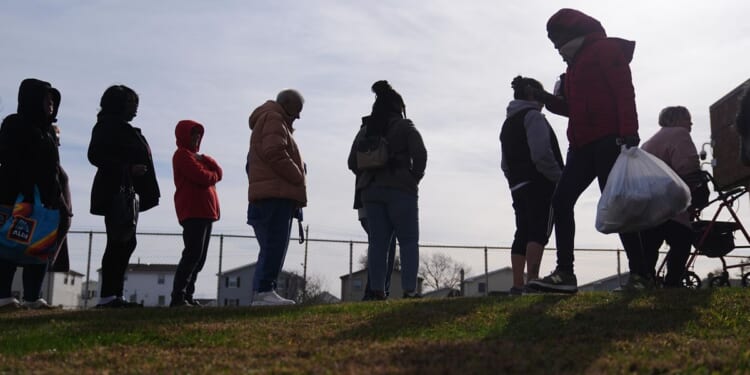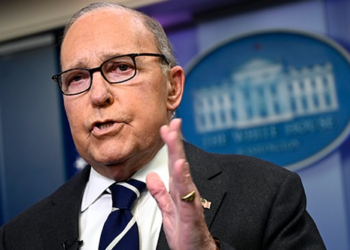
The government shutdown may be on a path to resolution, but the Trump administration said Monday it will continue its legal battle not to pay full food stamp benefits in the meantime.
The Justice Department, in a letter to the Supreme Court, said it will pursue its request that the justices hold off on a lower court ruling that had ordered full benefits be paid out for November.
“The government still intends to pursue a stay in this matter,” Solicitor General D. John Sauer told the high court.
He acknowledged action on Capitol Hill, where senators have struck a deal to end the 41-day shutdown. A first test vote was held Sunday, setting up several more days of action on Capitol Hill.
“That proposal, if ultimately adopted by both Houses of Congress and signed by the president, would end the shutdown and moot this application,” Mr. Sauer said.
He said he would file a brief later Monday explaining the administration’s position more fully.
A federal district judge in Rhode Island ruled last week that the administration must pay out 100% of benefits this month despite the shutdown.
U.S. District Judge John McConnell Jr., an Obama appointee, said the government had acted arbitrarily in refusing to tap contingency funds and to siphon money from other accounts to fund the Supplemental Nutrition Assistance Program, or SNAP, which ran out of money after the shutdown began in October.
The 1st U.S. Circuit Court of Appeals, in a ruling late Sunday, sided with Judge McConnell.
Supreme Court Justice Ketanji Brown Jackson had stepped in late Friday and granted a short reprieve to the administration while the lower courts heard arguments. That reprieve is scheduled to last through Tuesday night.
On Friday, as the legal situation remained murky and the government was moving to pay out partial benefits, a number of states put in claims for full benefits for the full month. That appeared to be an attempt to lock in funding regardless of the legal wrangling.
Mr. Sauer, in asking the Supreme Court to step in, called that “shutdown chaos.”
“Every beneficiary of a federal program could run into court, point to an agency’s general discretion to prioritize funding, and claim that failing to prioritize their chosen program was arbitrary and capricious,” he warned the justices,” he said Friday in briefs.










